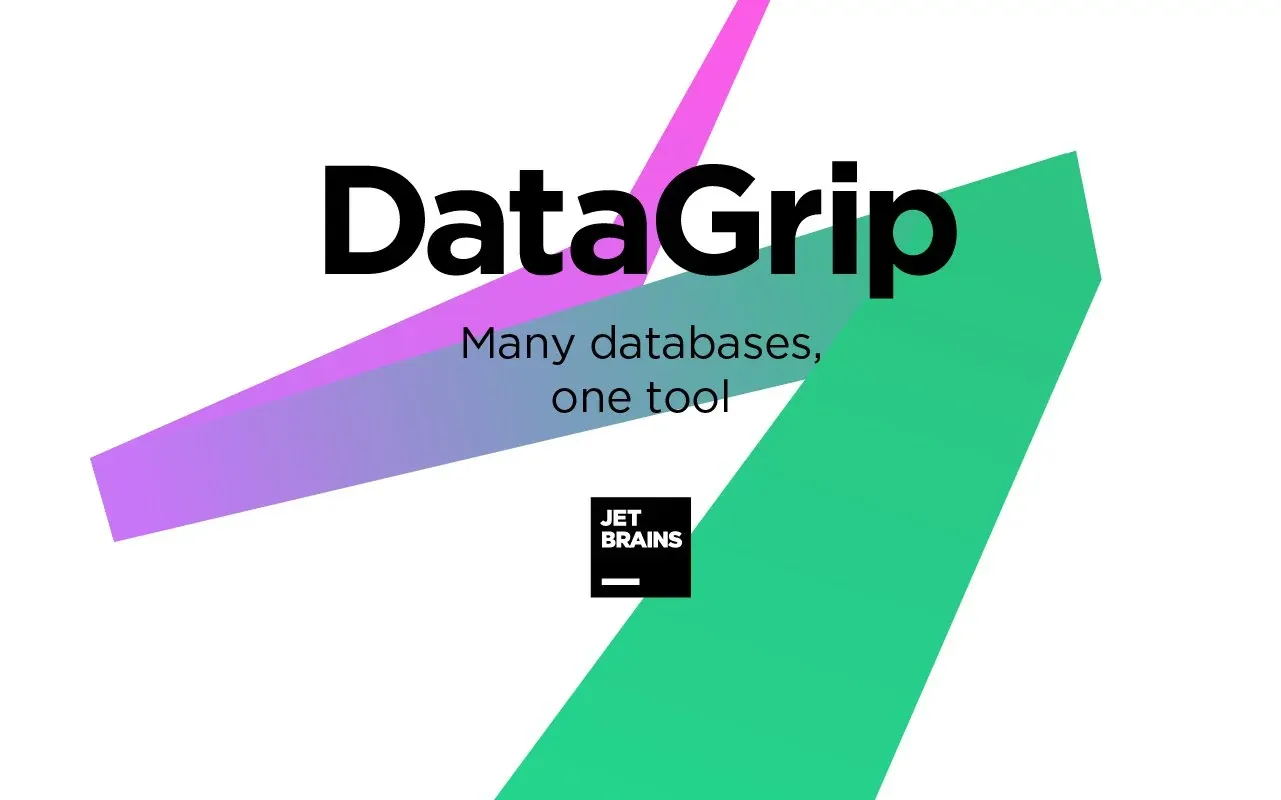SQLite is a database management systems that often stands out as a lightweight, versatile solution with a wide range of applications. Whether you're a developer working on a personal project or a large-scale application, understanding when SQLite is a perfect fit, as well as its associated tradeoffs, is crucial for making informed decisions. In this post, we'll delve into the use cases where SQLite shines and the tradeoffs you'll encounter when using it.
Use cases for SQLite
Embedded systems and IoT devices
SQLite's small footprint and zero-configuration nature make it an ideal choice for embedded systems and IoT devices where resources are limited. It allows developers to implement a relational database directly within the device without requiring a separate database server.
Mobile applications
SQLite is widely used in mobile app development, especially for offline storage and caching. Its lightweight nature ensures optimal performance on mobile devices, and its support for transactions and ACID (Atomicity, Consistency, Isolation, Durability) properties makes it suitable for handling complex data interactions.
Prototyping and rapid development
When prototyping applications or developing small-scale projects, SQLite offers simplicity and ease of use. Its serverless architecture eliminates the need for setup and configuration, allowing developers to focus on building functionalities rather than managing databases.
Testing and Development Environments
SQLite's in-memory database feature makes it an excellent choice for testing and development environments. Developers can quickly create and destroy databases without persisting data to disk, facilitating rapid iteration and experimentation.
Data Analysis and Reporting
For applications that require data analysis and reporting capabilities, SQLite provides a convenient solution. Its support for complex SQL queries and indexing enables efficient data retrieval and manipulation, making it suitable for generating insights from large datasets.
Tradeoffs of using SQLite
Concurrency limitations
Unlike client-server database systems, SQLite operates as a serverless, file-based database engine. While it supports multiple concurrent connections, it employs a single writer model, meaning only one process can write to the database at a time. This can lead to performance bottlenecks in highly concurrent environments.
Scalability challenges
SQLite may not be the best choice for applications that require horizontal scalability or high write throughput. Its file-based architecture can lead to performance degradation as the database size increases, and it may struggle to handle large volumes of concurrent write operations.
Limited client-server architecture
Unlike traditional client-server databases like MySQL or PostgreSQL, SQLite lacks built-in network support and does not offer robust client-server architecture out of the box. While there are extensions and wrappers available to enable network access, they may introduce additional complexity and overhead.
Data integrity risks
Since SQLite databases are stored as flat files on disk, there's a risk of data corruption if the application crashes or the system experiences sudden power loss during write operations. While SQLite provides mechanisms like Write-Ahead Logging (WAL) to mitigate this risk, proper backup and recovery strategies are essential for maintaining data integrity.
Performance considerations
While SQLite offers excellent performance for read-heavy workloads and small to moderate-sized datasets, it may not perform as well as dedicated client-server databases for write-heavy applications or large-scale deployments. Developers should carefully evaluate performance requirements and consider SQLite's limitations when choosing it for their projects.
SQLite is a powerful and versatile database engine that excels in various use cases, including embedded systems, mobile applications, prototyping, testing, and data analysis. However, it's essential to be aware of its tradeoffs, such as concurrency limitations, scalability challenges, and data integrity risks, when incorporating it into your projects. By understanding these tradeoffs and aligning them with your application requirements, you can leverage SQLite effectively to build robust and efficient solutions.





